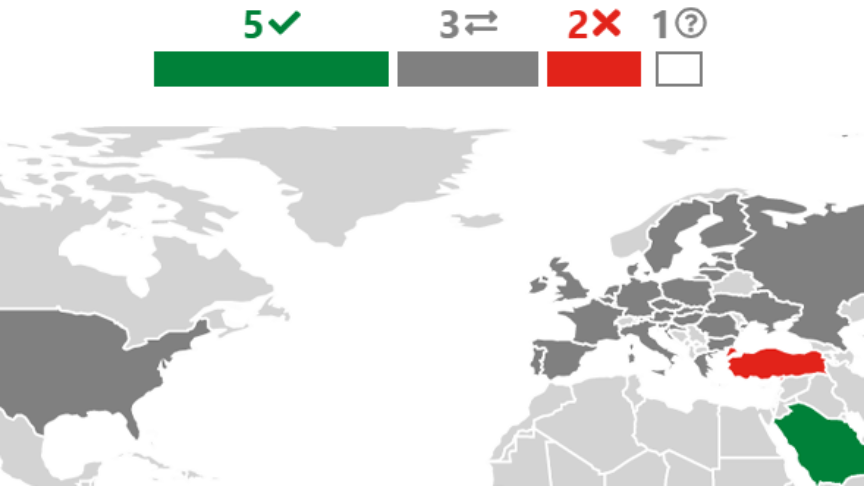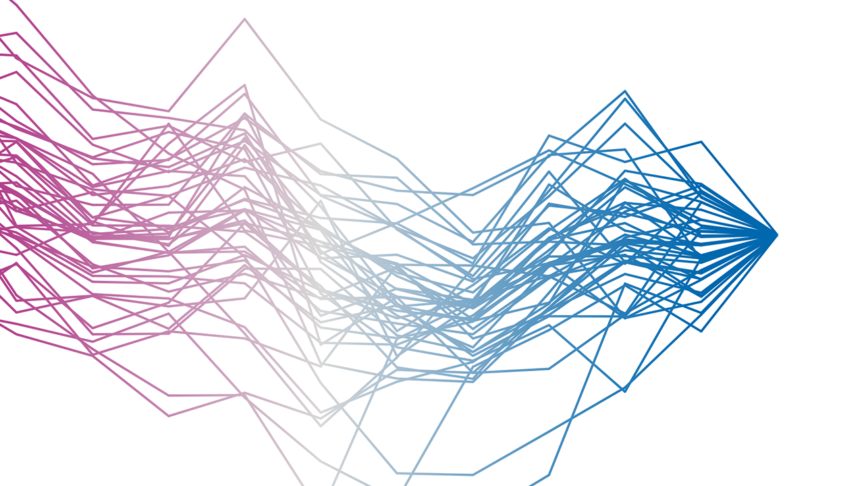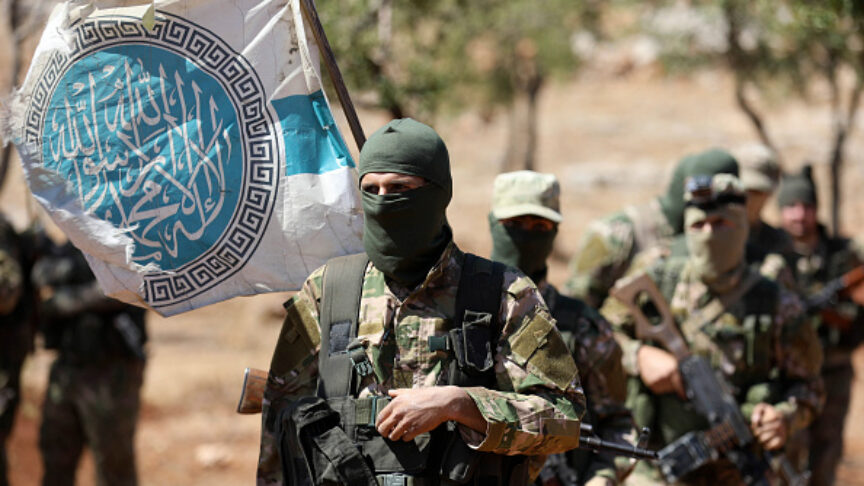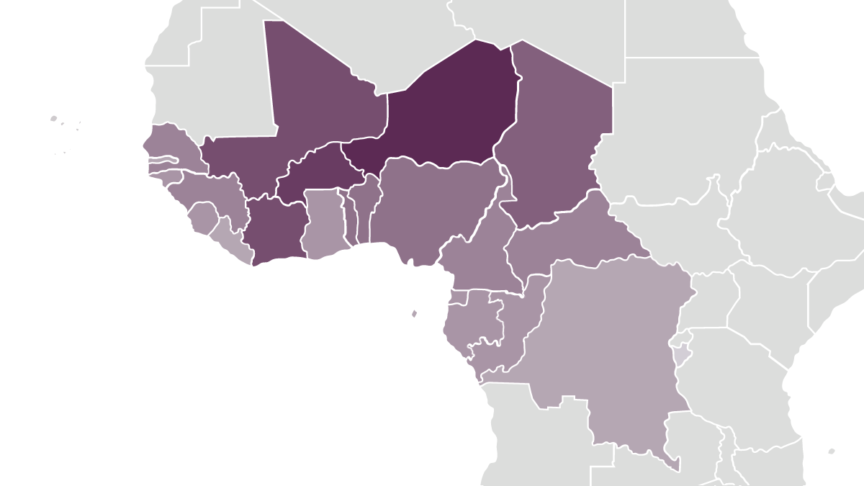
Moving closer: European views of the Indo-Pacific
It will take more than just strong support from France, Germany, and the Netherlands to ensure that the new EU strategy for the Indo-Pacific is effective in the long term

It will take more than just strong support from France, Germany, and the Netherlands to ensure that the new EU strategy for the Indo-Pacific is effective in the long term

Every January, Mark Leonard and Jeremy Shapiro predict the trends and events that will shape the world in the year to come. They also review and self-evaluate the accuracy of their predictions from the previous year

European cohesion is bouncing back after crisis years. The EU Cohesion Monitor presents new insights on cohesion as an underestimated source of strength and collective action in the EU

European governments need a deeper engagement strategy to draw these powerful actors into inclusive political processes and power-sharing structures that can help stabilise the region

This project maps African regional initiatives in west and central Africa and provides a data-based and a geographical overview of the ‘à la carte’ nature of African regional cooperation
The Coalition Explorer illustrates the expert opinions of more than 800 respondents who work on European policy and creates a visual understanding of the views held by Europe’s professional political class
The European Solidarity Tracker collects and displays instances of pan-European solidarity throughout the coronavirus crisis
The eastern Mediterranean is becoming ever more perilous as geopolitical fault lines steadily enmesh the region. These rifts emerge from the Cyprus ‘frozen conflict’, competition for valuable gas fields, and the increasingly entangled wars in Libya and Syria
Turmoil in the Middle East and north Africa directly affects Europeans. Yet their influence in the region has never been weaker. This project maps Europe’s role across the Middle East and north Africa, making the case that Europeans can do more to leverage their influence in pursuit of core interests
ECFR’s Differentiation Tracker provides a snapshot of third state relations with Israel – and the extent to which these contain a clearly defined territorial definition that explicitly excludes Israeli settlements constructed on occupied territory in line with UNSCR 2334